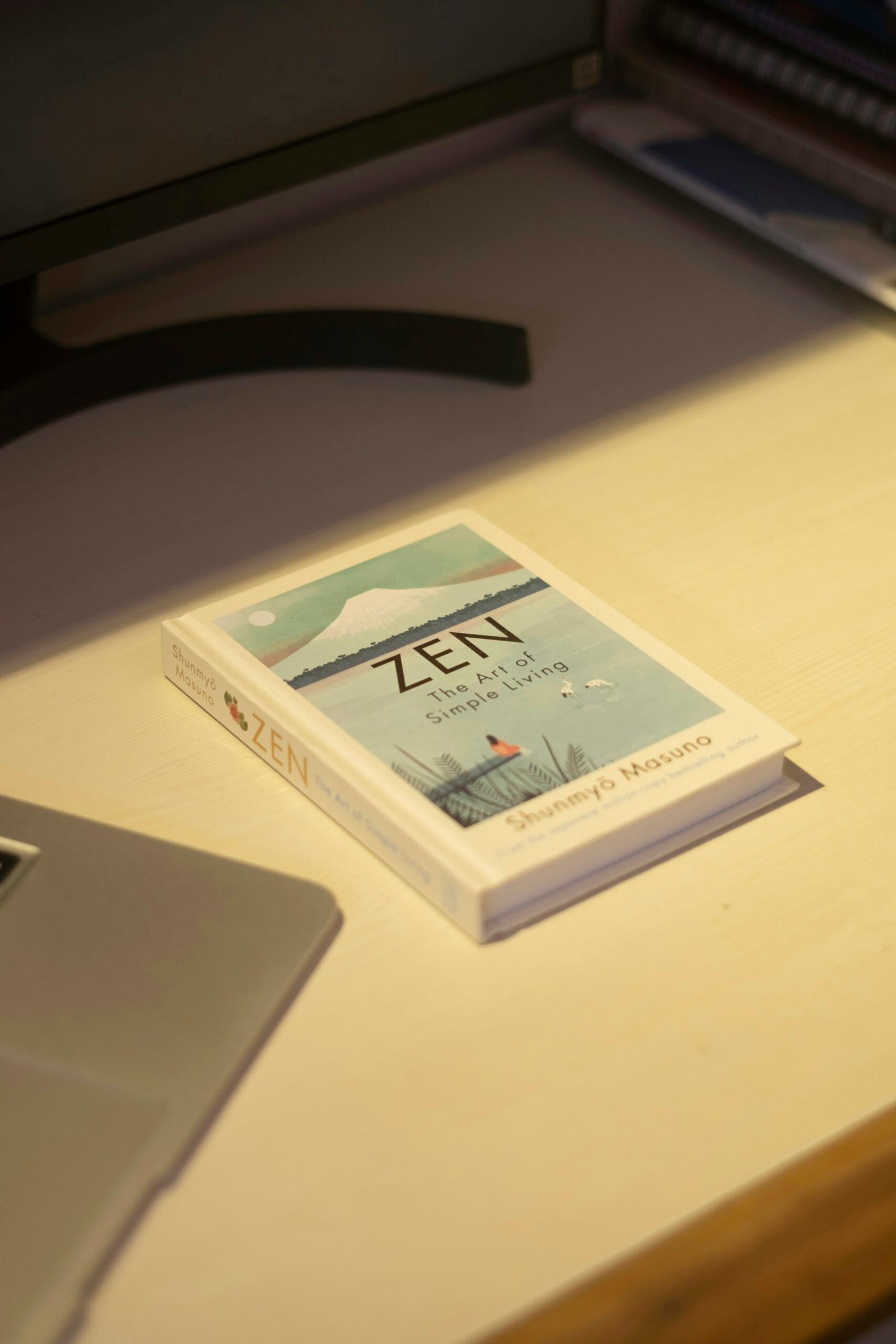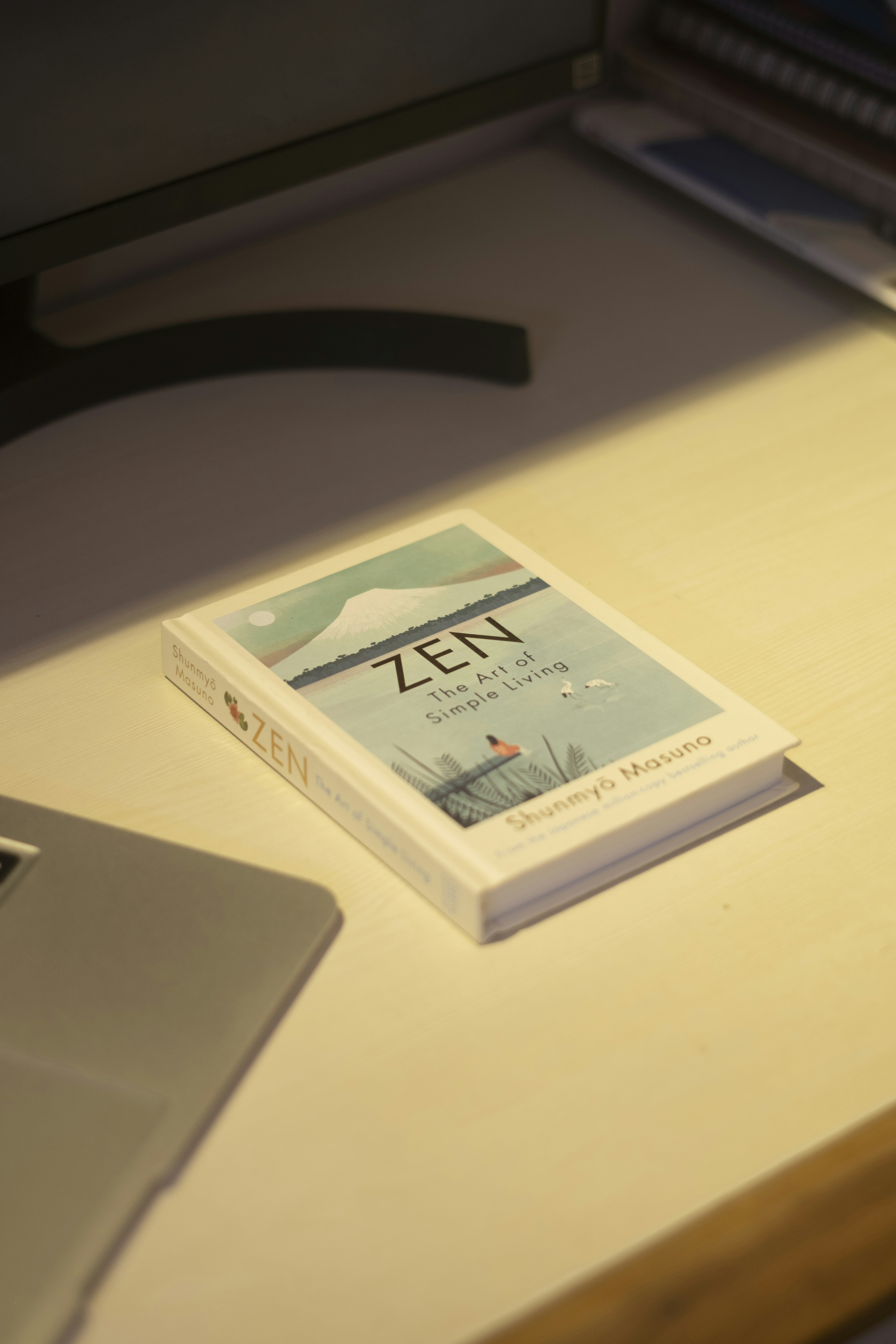
Understanding Minimalism
Minimalism is more than just a trend; it is a philosophy that emphasizes intentionality and simplicity in various aspects of life. At its core, minimalism advocates for the removal of excess, allowing individuals to focus on what truly matters. This concept can manifest in a variety of ways, including decluttering physical possessions, simplifying one’s schedule, and streamlining mental processes, all aimed at fostering a more meaningful existence.
One of the primary principles of minimalism is intentional living. This involves making deliberate choices about what to keep in one’s life, whether it be material possessions or commitments. By prioritizing only the essentials and eliminating distractions, individuals can create a more organized and fulfilling environment. This process often begins with decluttering, where one assesses their belongings and decides what brings value or joy.
Minimalism also extends beyond tangible items. It encourages people to evaluate their schedules, considering how they can simplify their commitments and allocate time to what truly enriches their lives. The minimalist lifestyle advocates for saying ‘no’ to unnecessary obligations, which can lead to enhanced free time and reduced stress levels, contributing to overall well-being.
Furthermore, embracing minimalism can offer significant financial benefits. By shifting the focus from consumption to intentional spending, individuals are often able to save money or redirect resources towards experiences that promote personal growth and satisfaction. The reduction in clutter and distractions not only enhances clarity of thought but also sharpens focus on goals and aspirations.
In essence, minimalism is a holistic approach that fosters a lifestyle marked by clarity, purpose, and satisfaction, encouraging individuals to evaluate their relationship with possessions and commitments for a more rewarding life experience.
Assessing Your Current Lifestyle
Embarking on a minimalist lifestyle begins with a thorough self-assessment of your current habits and possessions. This introspective journey allows you to identify areas in your life that may feel overwhelming or cluttered. Start by inventorying your possessions. Take a systematic approach by categorizing items into sections such as clothing, home décor, and miscellaneous items. As you go through each category, ask yourself whether each item serves a purpose or brings you joy. If not, consider letting go of it, as maintaining unnecessary possessions can hinder your path toward minimalism.
Next, evaluate your commitments and responsibilities. In our busy lives, we often take on more than we can handle, leading to added stress and feelings of being overwhelmed. List each commitment, whether it’s work, social activities, or volunteer positions, and reflect on their importance to you. Determine which of these commitments align with your values and which could be minimized or eliminated. By reducing your obligations, you free up valuable time and mental space, allowing for a more focused and intentional lifestyle.
Time management is another crucial aspect to assess. Consider how you allocate your time daily and whether those activities contribute positively to your life. It may be helpful to keep a journal for a week, noting how you spend your time. This will help you identify patterns and pinpoint areas where you may be wasting time on non-essential tasks. Utilizing time-tracking tools or apps can further assist in this evaluation. By understanding how to prioritize your time, you can ensure that your actions directly support your goal of adopting a minimalist lifestyle.
In essence, this initial assessment acts as a foundation for your journey into minimalism, allowing you to recognize what adds value to your life. Through careful introspection, you can begin to let go of the excess, creating a lifestyle that is more intentional and fulfilling.
Practical Steps to Declutter Your Life
Embracing a minimalist lifestyle begins with a well-planned approach to decluttering your possessions. One effective strategy is the “One in, One out” rule. This principle states that for every new item you bring into your home, you should relinquish one item. This practice not only helps in reducing clutter but also prompts thoughtful consideration of each purchase, ensuring that you acquire only what is essential and truly valued.
Another powerful method is the KonMari technique, popularized by Marie Kondo. This approach encourages individuals to physically handle each possession and evaluate its contribution to their happiness. By asking, “Does this spark joy?” individuals can more easily decide what to keep and what to discard. The process is transformative, allowing for a deeper understanding of one’s attachment to belongings and fostering an emotional release from unnecessary items.
Organizing various spaces within your home is equally crucial to effective decluttering. Begin with high-traffic areas such as the living room and kitchen, breaking down tasks into manageable sections. Utilize storage solutions like baskets or bins to categorize items, and ensure that frequently used items are easily accessible. Each room should be approached with the goal of simplifying visuals, maintaining surfaces free from excess personal items.
Digital clutter also warrants attention. Start by unsubscribing from unnecessary email newsletters and deleting old emails that do not serve a purpose. Assess your applications regularly and remove those that are seldom used or redundant. Creating a schedule for periodic digital decluttering can help maintain organization and prevent overwhelming buildup.
Incorporating emotional awareness into decluttering efforts is imperative. Recognizing the sentimental value of items can pose challenges; however, acknowledging these feelings allows for a more compassionate approach to letting go. Consider documenting nostalgic items through photographs before parting with them, providing a means to cherish memories without physical accumulation. By establishing these practical steps, you can cultivate a sustainable plan that fosters a long-lasting minimalist lifestyle.
Embracing Minimalism in Daily Life
Embracing a minimalist lifestyle extends beyond merely decluttering physical items; it permeates various aspects of daily living. One of the foundational principles of minimalism is simplifying daily routines and commitments. This can begin by evaluating obligations and prioritizing those that bring genuine fulfillment or joy. By adopting a minimalist mindset, individuals can learn to say no to unnecessary activities that consume time and energy, thereby creating space for what truly matters.
In addition to simplifying schedules, focusing on relationships is paramount in cultivating a minimalist lifestyle. Prioritizing meaningful connections vis-à-vis superficial interactions can lead to richer, more fulfilling engagements. Spending quality time with loved ones fosters emotional well-being and deepens bonds, while a minimalist approach encourages us to invest in relationships that enhance our lives. This intentionality helps to prevent overwhelm, ensuring that relationships are nurtured rather than neglected amidst a chaotic schedule.
Furthermore, fostering a mindful consumption mindset is essential. Consumers are often confronted with choices that can lead to clutter, both physically and mentally. Embracing minimalism involves making conscious decisions about purchases, focusing on quality over quantity, and favoring sustainable options that align with one’s values. This approach can be applied across various categories, including travel, fashion, and food. For instance, travelers can seek experiences over material souvenirs, and in fashion, individuals may opt for versatile, timeless pieces that can be styled in multiple ways.
To assist in this journey, numerous resources are available, including books, podcasts, and online communities dedicated to minimalism. Engaging with like-minded individuals can provide support and encouragement. By integrating these practices and principles into daily life, individuals can create a tranquil and focused environment, ultimately enhancing their overall quality of life.

